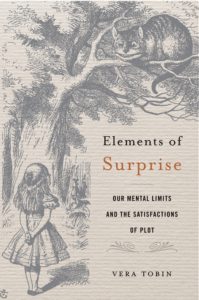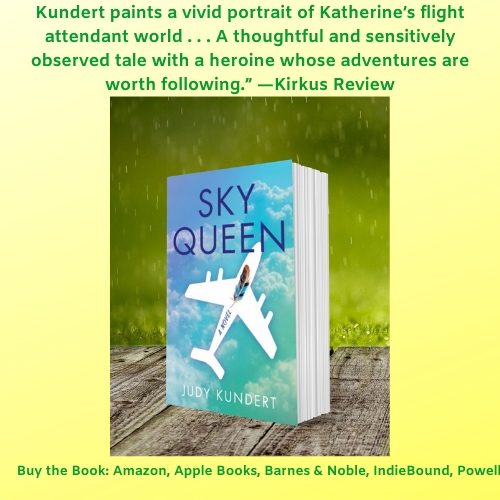Why Writers Need Surprises and how to find them.
 “Magic is the stunning art of surprising your audience so that nothing else surprises them.”
“Magic is the stunning art of surprising your audience so that nothing else surprises them.”
― Amit Kalantri
Surprises are the secret sauce for cooking up great novels. If you’re wondering about how and why to add surprises in your writing,the following authors give insight into the reasons for the element of surprise in fiction novels.
When a reader picks up a fiction novel, they want to have an experience that awakens them. Luke Edley’s article “The Element of Surprise” in Thanet Writers, based Thanet Kent, UK, explores, “The importance of surprising your readers should never be forgotten by any aspiring writer. In fact, it should always be considered a vital part of a storyteller’s toolkit. By seeking to confound your audience with plot twists, subverting the reader’s expectations with ‘the element of surprise’ can often allow you to heighten dramatic tension in your story, add suspense, or introduce humour.”
 What happens to the reader’s brain when you give them surprises in your novels? The Harvard University’s Press review if the Elements of Surprise by Vera Tobin explains an academic’s insights on cognitive research on how the brain works with good surprises in fiction novels.
What happens to the reader’s brain when you give them surprises in your novels? The Harvard University’s Press review if the Elements of Surprise by Vera Tobin explains an academic’s insights on cognitive research on how the brain works with good surprises in fiction novels.
“Why do some surprises delight—the endings of Agatha Christie novels, films like The Sixth Sense, the flash awareness that Pip’s benefactor is not (and never was!) Miss Havisham? Writing at the intersection of cognitive science and narrative pleasure, Vera Tobin explains how our brain conspires with stories to produce those revelatory plots that define a “well-made surprise.”
Reading classic, popular, and obscure literature alongside the latest research in cognitive science, Tobin argues that a good surprise works by taking advantage of our mental limits. Elements of Surprise describes how cognitive biases, mental shortcuts, and quirks of memory conspire with stories to produce wondrous illusions, and also provides a sophisticated how-to guide for writers. In Tobin’s hands, the interactions of plot and cognition reveal the interdependencies of surprise, sympathy, and sense-making. The result is a new appreciation of the pleasures of being had.”
 How to add surprises in your novels? For some ways to add surprise to your novels, Fiction Editor Beth Hill’s article, “Include Surprises in Your Stories”, suggest that you allow room for story surprises, both for characters and readers. Don’t let either group remain unsurprised as they travel your story world.
How to add surprises in your novels? For some ways to add surprise to your novels, Fiction Editor Beth Hill’s article, “Include Surprises in Your Stories”, suggest that you allow room for story surprises, both for characters and readers. Don’t let either group remain unsurprised as they travel your story world.
Introduce the unexpected and do so more than once. And make each surprise different from the other and use different characters to spring the surprise
- make use of different story elements
- use twists but make them fresh twists
- change the emotional level of the surprise
- stir up a different emotion with each surprise
Writers need surprises to increase and stay creative

In Jill Suttie’s article “Why Humans Need Surprise”, she reviews the book, Surprise: Embrace the Unpredictable and Engineer the Unexpected, by Tania Luna and Leeann Renninger, she writes that, “When people are surprised by something or someone, Luna says that the human brain goes through the “surprise sequence.” “It’s a strong neuro alert that tells us that something is important about this moment and we have to pay attention,” she says. “Our cognitive resources are basically hijacked and pulled into the moment. That’s one of the things that’s really uncomfortable for some people, but also exciting for some people because your attention is completely in the moment.”
Okay, so how can writers make their life more surprising and your mind more creative to enable you to their minds to write surprises in their stories? Tania Luna, the Surpisologist offers “8-tips to make your life more surprising.”

